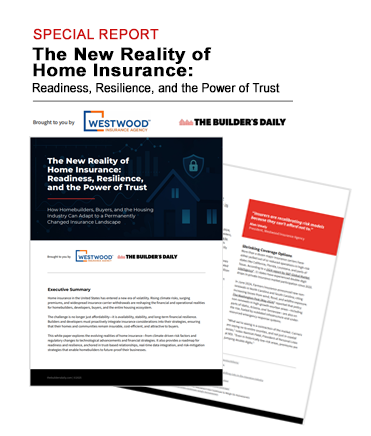In America’s largest and most expensive cities, housing choices can be tough. The result is a surge in co-living popularity. But co-living is different than your typical roommate agreement. Here’s why.
What is co-living?
Co-living is a new rental trend, popular in major cities across the United States like Los Angeles and New York. Co-living companies offer unique rental spaces where residents have their own bedrooms, along with access to shared communal spaces at a reduced cost.
According to a November 2020 report by the real estate firm Cushman & Wakefield, the United States has 8,000 co-living beds, with 54,000 more in development.
Why is it unique?
So how is co-living different? First and foremost, there are individual lease agreements—no more splitting rent payments between roommates! And amenities such as Wi-Fi, utilities, cleaning, maintenance and household essentials (like toilet paper and cleaning supplies) are included in the rent. Because of the large number of residents in a building, co-living companies can provide these amenities and offer reduced rent prices. That means co-living can be both luxurious and affordable.
Companies that offer co-living also tout a greater sense of community. Residents are often surrounded by like-minded individuals and some co-living spaces can even be tailored to those with specific interests or hobbies.
3 Reasons to have renters insurance while co-living
Now that you know the ins and outs of co-living, let’s talk about how to protect yourself and your belongings. Here are three things to keep in mind about renters insurance when you’re co-living.
1. You still want to protect personal property
Even if a co-living space is furnished, you’ll still have personal property that matters to you. This could include a computer, phone, clothing and various other personal items. Renters insurance helps if anything is stolen or damaged. Even in a fire, the physical building might be covered by the co-living company’s property insurance, but your personal belongings won’t be.
2. You may still be liable for some accidents
One of the most overlooked elements of renters insurance is liability coverage. If you live in a co-living building, you may assume there is no liability. After all, you don’t own the space, right? While you don’t own it outright, you are still responsible for things that happen in private areas rented to you. For example, if someone was visiting your sitting area and tripped, resulting in injury, you could be liable.
3. Insurance can help with loss of use
If your unit becomes unlivable for a period—due to a fire or flood, for example—you’ll have to find somewhere else to stay. This means paying for a hotel room or another arrangement. If the loss was due to an event covered on your renters insurance, your insurance would help you pay for another place to stay temporarily.
Make sure you have renters insurance
Co-living provides a lot—luxury-level accommodations, a lower cost of living and a variety of amenities, but protecting your property is up to you. We can help you with that.
If you’re ready to get a quote on renters insurance, contact Westwood Insurance Agency today!





